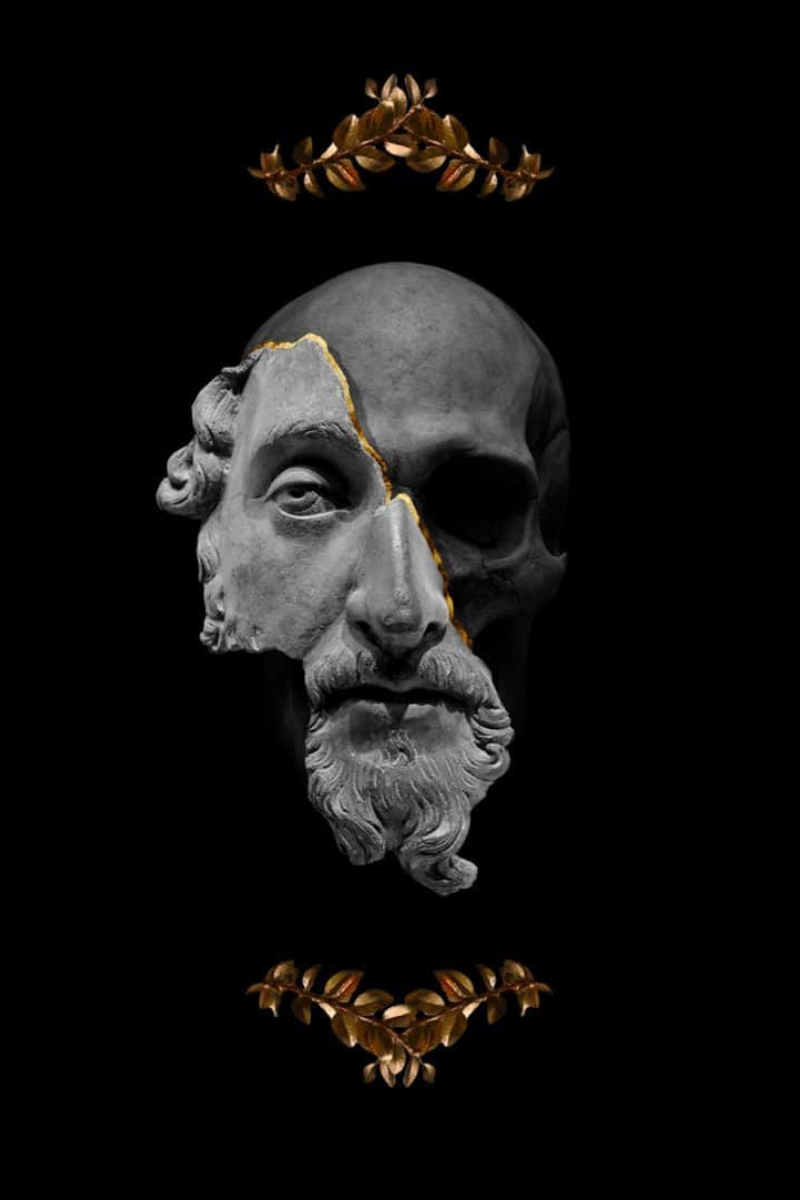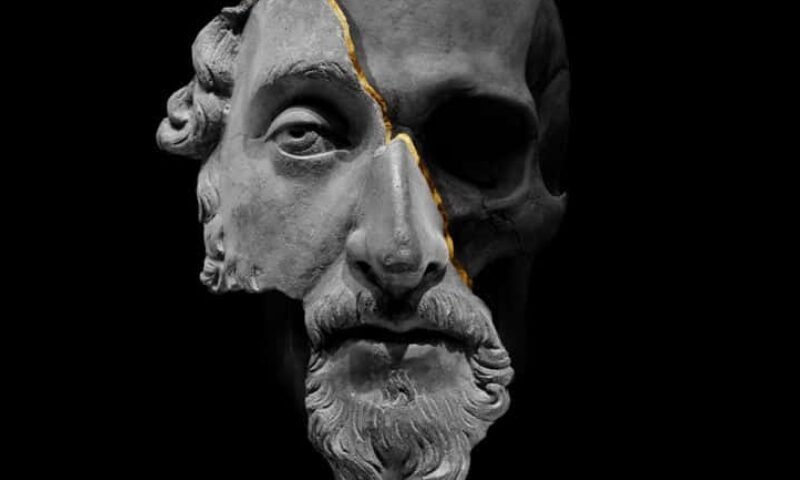
A Tale of Two Kings
October 2, 2025
Accountability as Spiritual Power
Accountability isn’t glamorous. Most of us hear the word and feel the weight of failure — blame, shame, weakness. But accountability isn’t weakness. It’s power.
When we refuse accountability, we become trapped in ego. We blame the world, hide in excuses, and repeat the same cycles. But when we take ownership — of our failures, our emotions, our habits, our relationships — something shifts. We step out of ego and into alignment. We begin to live as vessels for something greater than ourselves.
Extreme ownership of the soul is not about punishment. It’s about freedom, clarity, and alignment with God’s will.
Why Accountability Feels Heavy
Let’s be honest: ownership is hard.
It’s easier to say:
- My parents failed me.
- The system is unfair.
- People just don’t understand.
And oftentimes those things are true. But if we stop there, we surrender our agency. Excuses may feel safe, but they leave us powerless.
Accountability feels heavy because it strips away the shield of blame. It forces us to turn inward — to face our patterns, our ego, our shadow. That confrontation hurts. But it is the only path to growth..
Ego’s Two Disguises
When accountability is absent, ego fills the gap. Ego itself is not the enemy — it is part of our design, mediating between conscious and unconscious, giving us identity. But ego without accountability distorts reality. It hides from truth. And it usually wears one of two masks.
One is narcissism — the belief that our emotions are the center of the universe. Every slight feels like an attack. Every failure becomes someone else’s fault. This self-absorption often spills into arrogance and controlling behavior, as the narcissist bends the world to fit their narrow lens.
The other is victimhood — the belief that we are powerless. Life happens to us. We shrink, convinced the world is rigged against us. We stop choosing, and we give up on growth. This leads to despair, paranoia, or numb surrender.
At first glance, narcissism inflates while victimhood deflates. But at the core, they are the same: ego refusing responsibility. Both keep us trapped in chaos.
Accountability is the way out. It doesn’t erase pain, but it transforms it. Ownership shifts us from ego to alignment, from chaos to order.
Emotions as Teachers
Extreme ownership is not only about what we do. It is about what we feel.
Anger, jealousy, fear, shame — these aren’t random storms passing through. They are signals. Left unchecked, they can pull us deeper into the shadow. But when faced honestly, they can point us back to our soul and the deeper spiritual needs within us.
Emotions, at their best, are teachers. They show us where we are drifting from our connection to God — and where we’ve stepped out of the blessings He intends.
- Anger can reveal our hunger for justice.
- Jealousy can expose hidden desires we’ve refused to name.
- Fear can show us where courage and faith are waiting to grow.
- Shame can point us back toward honesty.
If God is both love and truth, then emotional accountability is how we walk in His direction. At its best, ego helps us love ourselves and others. But when ego turns toxic, it twists truth into lies, and in doing so, it severs us from love.
Emotions are not weakness. They are spiritual data — the language of the soul, waiting to be acknowledged. Accountability means listening honestly, not burying them in denial.
Extreme Ownership and the Soul
Jocko Willink’s Extreme Ownership was written for soldiers and leaders, but its principle reaches into the soul.
Extreme Ownership means this: everything in our lives is our responsibility.
Not our fault — but our responsibility.
That distinction matters. Trauma may not be our fault. Betrayal may not be our fault. Accidents, injustice, loss — not our fault.
But our response? That is ours to own.
This is where accountability becomes spiritual. When we take ownership, we align ourselves with divine order. We step out of ego and circumstance, and into the flow of God’s will — the current of love, order, and growth moving through existence.
Karma as Feedback
Emotional accountability builds on itself over time, shaping the lives we live. This is how karma makes sense to me — not as a cosmic scoreboard, but as spiritual feedback.
Every thought, action, and word sends ripples into the fabric of reality — God’s reality. What we put out returns, not as punishment or reward, but as reflection.
When we avoid ownership, especially of emotions, the loop tightens. Anger we refuse to face keeps exploding in relationships. Fear we suppress keeps surfacing as hesitation and self-sabotage. Shame we bury keeps dragging us into old patterns. Life circles us back to the same lessons until we face them.
But when we embrace ownership, the loop shifts. Anger becomes a call to justice. Jealousy reveals hidden desire. Fear stretches us into courage. Shame humbles us into honesty. Slowly, alignment grows. Grace expands. Life mirrors back the energy of responsibility, love, and truth.
This is how karma and accountability intertwine. Karma reveals the shadow. Accountability opens the path to light.
Emotional ownership doesn’t make life easier. But it makes life clearer. It transforms feedback from punishment into guidance. Over time, it reshapes not just how we feel, but how we live.
The Stoic Thread
The Stoics saw this clearly. Marcus Aurelius wrote: “You have power over your mind — not outside events. Realize this, and you will find strength.”
At its heart, Stoicism is extreme ownership of the soul. We cannot control betrayal, failure, loss, or chaos. But we can always control our response. And our response is what defines us.
This is why responsibility is not a cage. It is a release. Blame and excuses shrink us, trapping us in loops we cannot escape. Ownership expands us. It opens new paths.
When we take responsibility for our emotions, our choices, our reactions, we stop being defined by circumstance. We step into the kind of freedom the Stoics knew: strength not rooted in controlling the world, but in mastering the self.
Responsibility does not diminish us. It makes us whole.
From Shame to Grace
Shame is often the wall that keeps us from accountability. We assume ownership will confirm our worst fears — that we are broken, unworthy, hopeless.
But shame hidden in the dark only multiplies. When brought into the light through ownership, it transforms.
What once felt like condemnation becomes opportunity. What once looked like weakness becomes the ground for growth. Failure stops being proof of worthlessness and becomes feedback.
Accountability is not punishment. It is grace. Grace gives us the ability to choose differently, to realign with God, to grow.
Extreme Ownership as Spiritual Power
When we live in extreme ownership of the soul, something shifts.
We stop fighting reality. We begin to flow with it. We align with God — not as a distant figure keeping score, but as the living intelligence that holds everything together.
In that alignment, strength takes on new form:
- We become more resilient.
- More creative.
- More disciplined.
- More compassionate.
- More whole.
Ownership plugs us into divine order. It turns chaos into clarity. It transforms life from accident into intention.
Accountability is not weakness. It is the doorway to spiritual power.
Practical Steps for Extreme Ownership of the Soul
- Pause and face emotions. Instead of burying anger, fear, or jealousy, ask: What is this teaching me?
- Take responsibility for one failure. One habit, one pattern, one relationship. Own it fully, and act.
- Reject ego’s disguises. Step away from narcissism and victimhood. Shift from blame to responsibility.
- Rewrite the story. Replace “This happened to me” with “This happened, and here is how I respond.”
- See karma as feedback. Notice how your words, tone, and habits ripple outward — and how life mirrors them back.
- Anchor in higher purpose. Prayer, meditation, journaling, training — rhythms that keep us aligned with God’s will.
Accountability is not the end of freedom. It is the beginning of it.
When we take extreme ownership, we stop being slaves to ego and circumstance. We step into alignment with God’s love and truth. We live not as victims of life, but as participants in its unfolding purpose.
This is accountability as spiritual power. It is the warrior’s path of responsibility, the steady ground where ego falls silent, and the soul comes alive.



